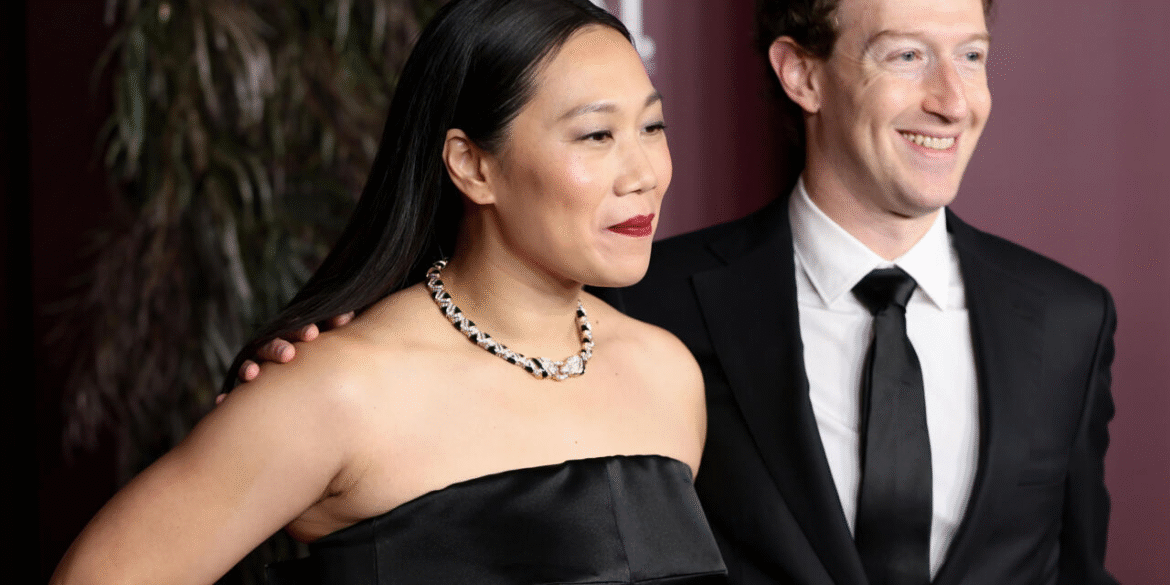The Chan Zuckerberg Initiative (CZI), the philanthropic organization founded by Mark Zuckerberg and Dr. Priscilla Chan, has announced a major strategic shift — placing artificial intelligence (AI) at the center of its mission to cure, prevent, and manage diseases.
Launched in 2015, the initiative began with an ambitious goal: to help cure all diseases within a generation. Nearly a decade later, CZI is restructuring its efforts to leverage the transformative power of AI in biomedical research and health innovation. The organization revealed that its redefined focus will operate through Biohub, a central research facility dedicated to AI-driven scientific discovery.
“This is a pivotal moment in science, and the future of AI-powered discovery is coming into view,” Biohub shared in an official blog post. “We believe it will soon be possible to create powerful AI systems capable of reasoning about biology and accelerating science.”
The updated mission envisions AI as a core tool in modeling biological systems, particularly the human immune system, with the long-term goal of “engineering human health.” Researchers believe this approach could revolutionize how diseases are detected, prevented, and treated by creating predictive and generative models that can simulate complex biological functions.
Biohub’s AI focus builds upon earlier CZI investments in scientific infrastructure and innovation. The initiative’s first major investment was the establishment of a Biohub in Silicon Valley, where interdisciplinary teams of researchers and engineers developed tools to study disease mechanisms. CZI also acquired a Canadian AI startup specializing in scanning and analyzing scientific literature to generate actionable insights — a move that foreshadowed its current direction.
Over the years, the organization has evolved from funding broad philanthropic causes such as education, housing, and social justice to concentrating on biomedical science. Reports indicate that CZI recently scaled back diversity and community programs, signaling a full commitment to its science-focused agenda.
CZI emphasized that its multidisciplinary approach, which combines biology, data science, and AI, has already led to breakthrough technologies that can observe, measure, and program biological systems in real time. The organization believes that this integration could mark the beginning of a new scientific era, one where computational intelligence reshapes the boundaries of biology.
Meta, Zuckerberg’s parent company for Facebook, Instagram, and WhatsApp, has also invested heavily in AI infrastructure — from advanced data centers to research platforms designed to expand the reach of generative and machine learning technologies. The shift within CZI mirrors this broader trend, positioning AI not just as a technological tool but as a cornerstone for the next phase of medical and biological innovation.
With this renewed focus, the Zuckerbergs’ vision extends beyond philanthropy — aiming to redefine how humanity understands and controls disease, potentially unlocking a future where AI and biology work hand in hand to engineer health and longevity.

